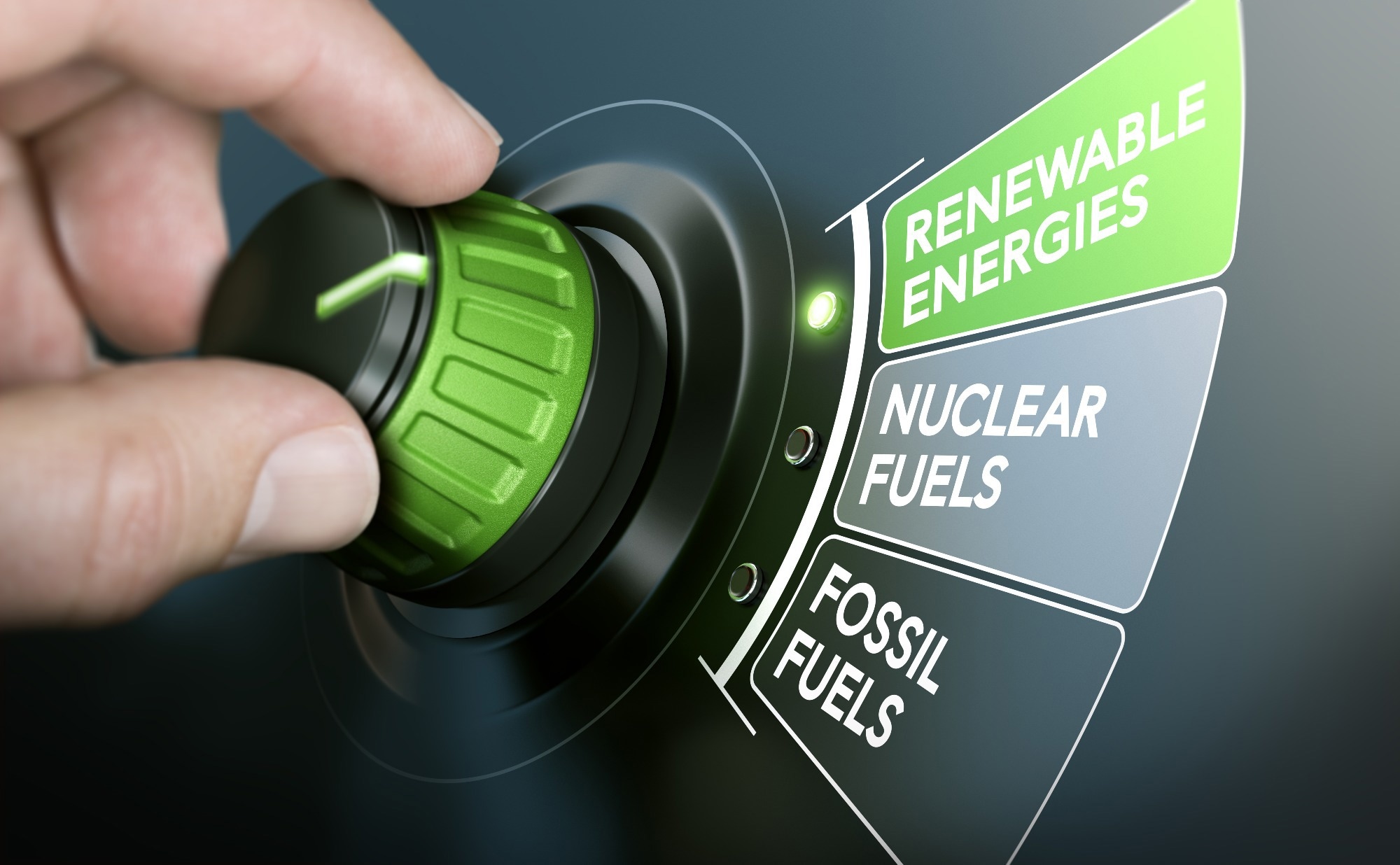Humans are currently becoming painfully aware that fossil raw materials are finite, not abundant, and extractable everywhere on the planet due to the instance of fossil fuels and growing energy prices.
 Image Credit: Olivier Le Moal/Shutterstock
Image Credit: Olivier Le Moal/Shutterstock
So, in the future, renewable raw material sources will become more and more significant, both as energy sources and, ideally, as providers of the building blocks for more environmentally friendly chemicals and materials.
Plant oils and other renewable raw materials must first be processed, and in some cases chemically transformed, before they can be used to make chemicals. This procedure is referred to as refining in the industry.
Before the materials could be improved and further processed, complicated techniques were needed to remove and separate the bio-raw materials from the cells in which they were formed.
Expanding the natural machinery of cells
Professor Stefan Mecking from the University of Konstanz’s Department of Chemistry and Doctoral Candidate Natalie Schunck have now discovered a means to significantly increase the efficiency of the process of upgrading sustainable raw materials.
They successfully delivered the right synthetic catalysts, or compounds, into unicellular algae. More specifically, they were able to reach the location where the lipids are made and stored.
The researchers describe how the catalysts were successfully delivered to their target in their most recent work published in Angewandte Chemie.
Additionally, they offer proof that the catalyst they employed is stable in the lipid storage spaces of the algae cells and performs the expected function there—converting the unsaturated fatty acids of the algae cells into modified, long-chain building blocks appropriate for the creation of environmentally friendly chemicals.
By introducing the catalysts, we managed to add a chemical reaction to the algae’s machinery that does not occur in nature but is highly relevant to the upgrading of oils and fats in the feedstock processing industry—olefin metathesis. The algae cells could thus be turned into tiny refineries.”
Stefan Mecking, Professor, Chemical Materials Science, Department of Chemistry, University of Konstanz
Binding atmospheric carbon dioxide
Schunck’s choice of microalgae is difficult because it requires getting through their cell walls. The researcher pulled off a ruse to still smuggle her catalyst to its destination: she joined the catalyst to a dye typically used to stain the lipid storage of algal cells. She was able to make sure the catalyst hits its target and watch it happen this way.
Natalie Schunck succeeded in this very difficult experimental work due to her outstanding qualities as a researcher. This project required extensive expertise in chemistry and sound knowledge of biology, which she had both acquired in the Life Science study program.”
Professor. Mecking
Such algae provide the following distinct benefits: As photoautotrophs, they produce complex chemical compounds like their fatty acids by the photosynthesis of atmospheric carbon dioxide as a carbon source and sunlight as an energy source. As producers of renewable resources, they represent promising candidates.
Prof. Mecking added, “By expanding the functional spectrum of algae, we are now a step closer to using them in the long-term as a living microfactory for sustainable chemicals.”
Source:
Journal reference:
Schunck, N. S., et al. (2022). In vivo Olefin Metathesis in Microalgae Upgrades Lipids to Building Blocks for Polymers and Chemicals. Angewandte Chemie. doi.org/10.1002/anie.202211285